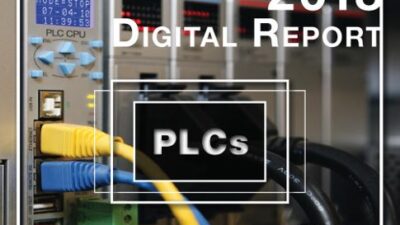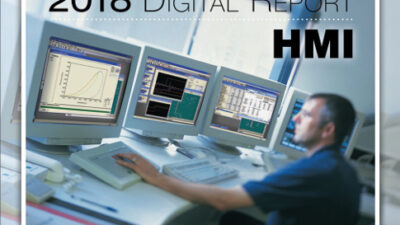Producers partner to develop processes for manufacturing fuels from non-food sources, including perennial grasses, animal waste, and agricultural residues.
Manufacturing biofuels without consuming food products has proven to be a valuable but elusive goal. Siemens has teamed with the USDA to create processes to help make these dreams reality.
Siemens Energy & Automation and the U.S. Department of Agriculture’s (USDA) Agricultural Research Service (ARS) have entered into a cooperative research and development agreement (CRADA) that will improve the processes used to convert second generation, non-food-based, biofuel feedstocks, including perennial grasses, animal wastes and agricultural residues such as corn stover, into liquid bio-fuel intermediates, such as bio-oil.
As part of the CRADA, Logical Innovations of Richmond, VA, will work with researchers at USDA/ARS’s Eastern Regional Research Center (ERRC) in Wyndmoor, Pa., to improve on pyrolysis oil production via innovative control technologies. They will install a DCS (distributed control system) based on Siemens Simatic PCS 7 Box technology on ERRC’s bench scale, fluidized bed pyrolysis system. The process heats biomass in a reactor and converts it to liquid bio-oil, bio-char, and synthetic gas. The project will be commissioned in late 2008.
“We think distributed control will help accelerate second generation biofuel and biochemical developments by improving the repeatability, consistency and efficiency of our research processes,” says USDA/ARS research leader, Dr. Kevin Hicks.
According to Dave Hankins, vice president of Siemens chemical and pharmaceutical center of competence, the PCS 7 Box technology provides a new level of flexibility to biofuels producers, as well as improving worker safety and equipment protection.
“Siemens is proud to partner with the USDA in this important, environmentally friendly, pilot program,” says Hankins. “New feedstocks that can be quickly and easily processed will benefit the nation and the biochemicals and biofuels industries.”
—Edited by Peter Welander, process industries editor, [email protected] ,
Process & Advanced Control Monthly
Register here and scroll down to select your choice of free eNewsletters .


